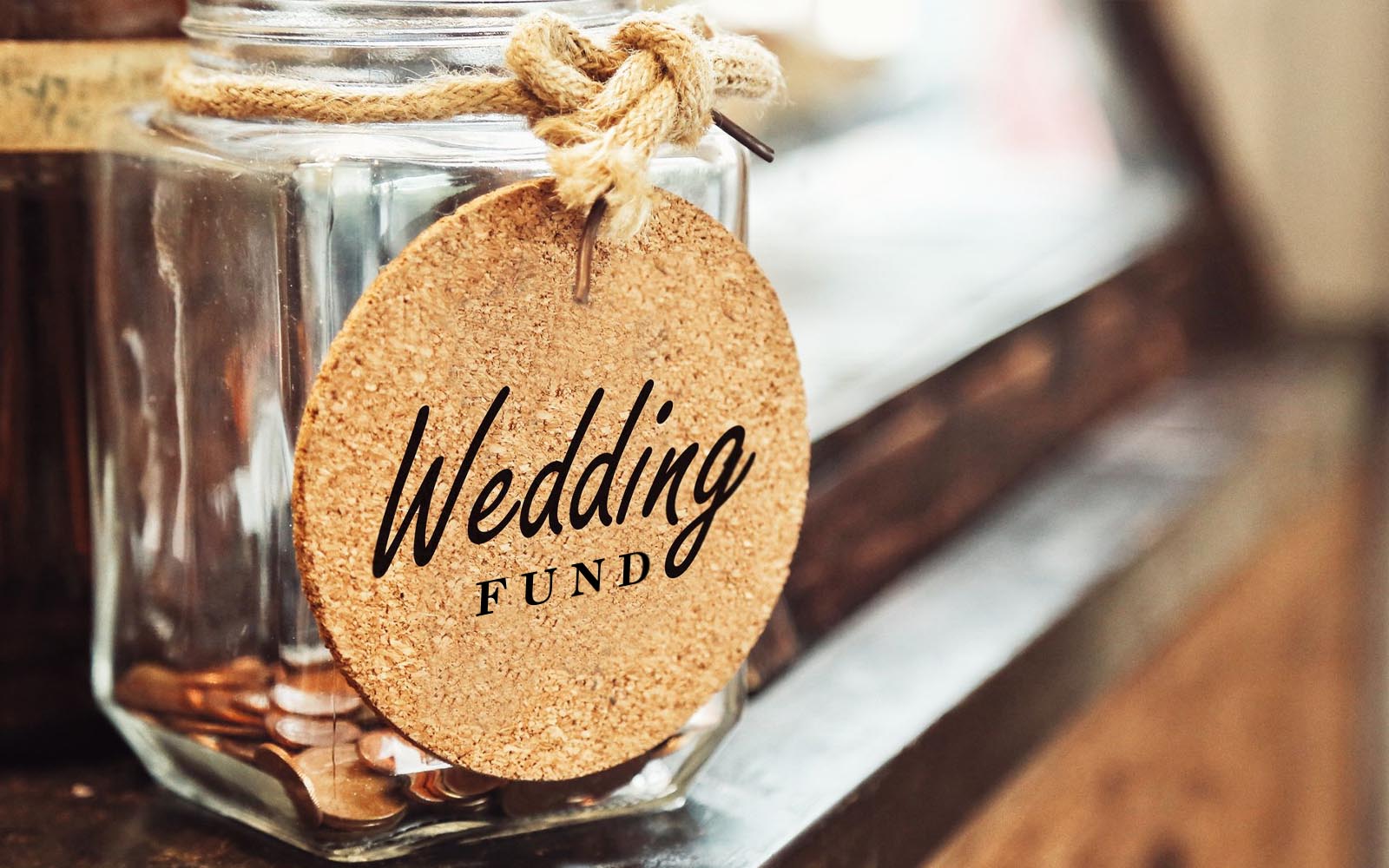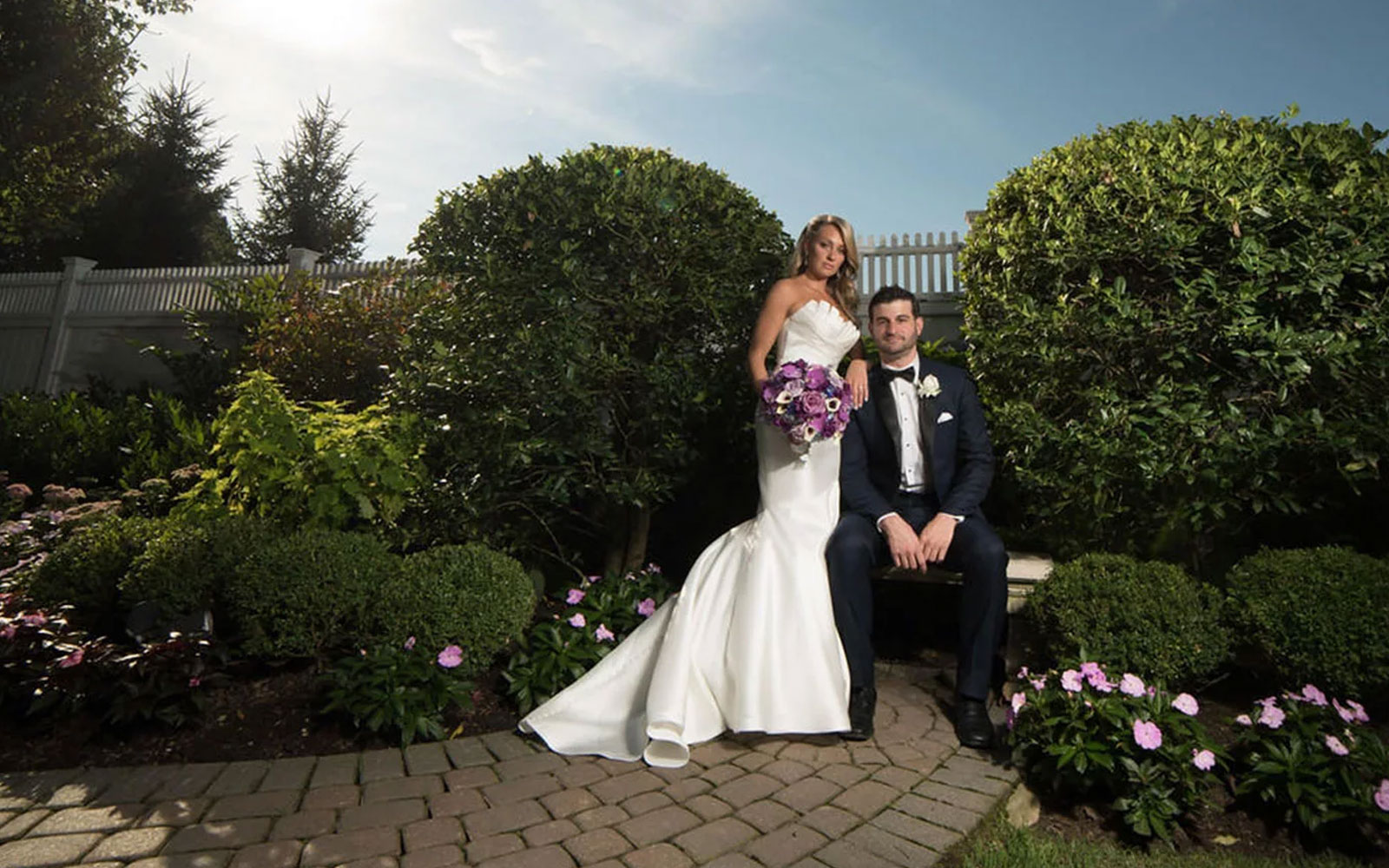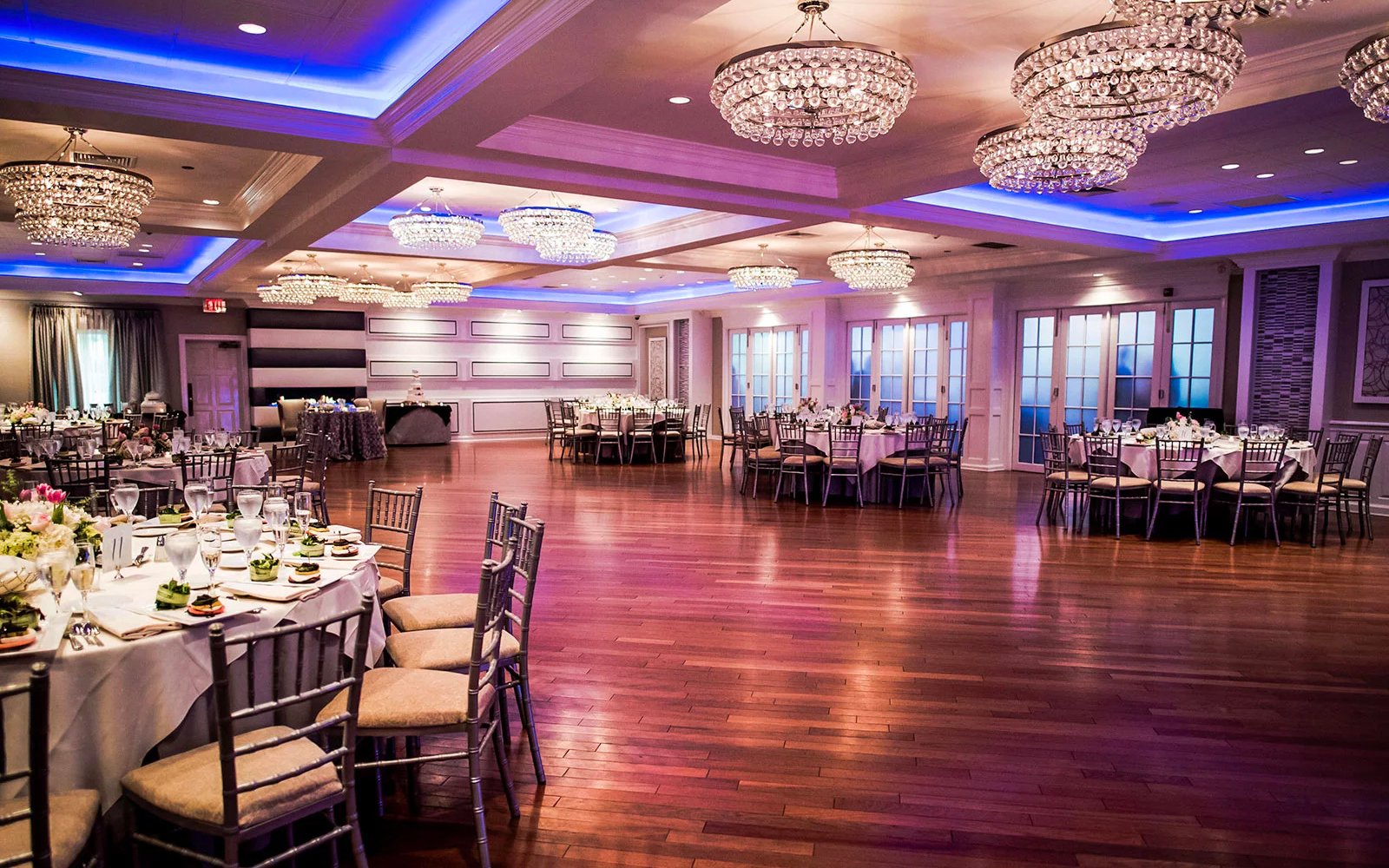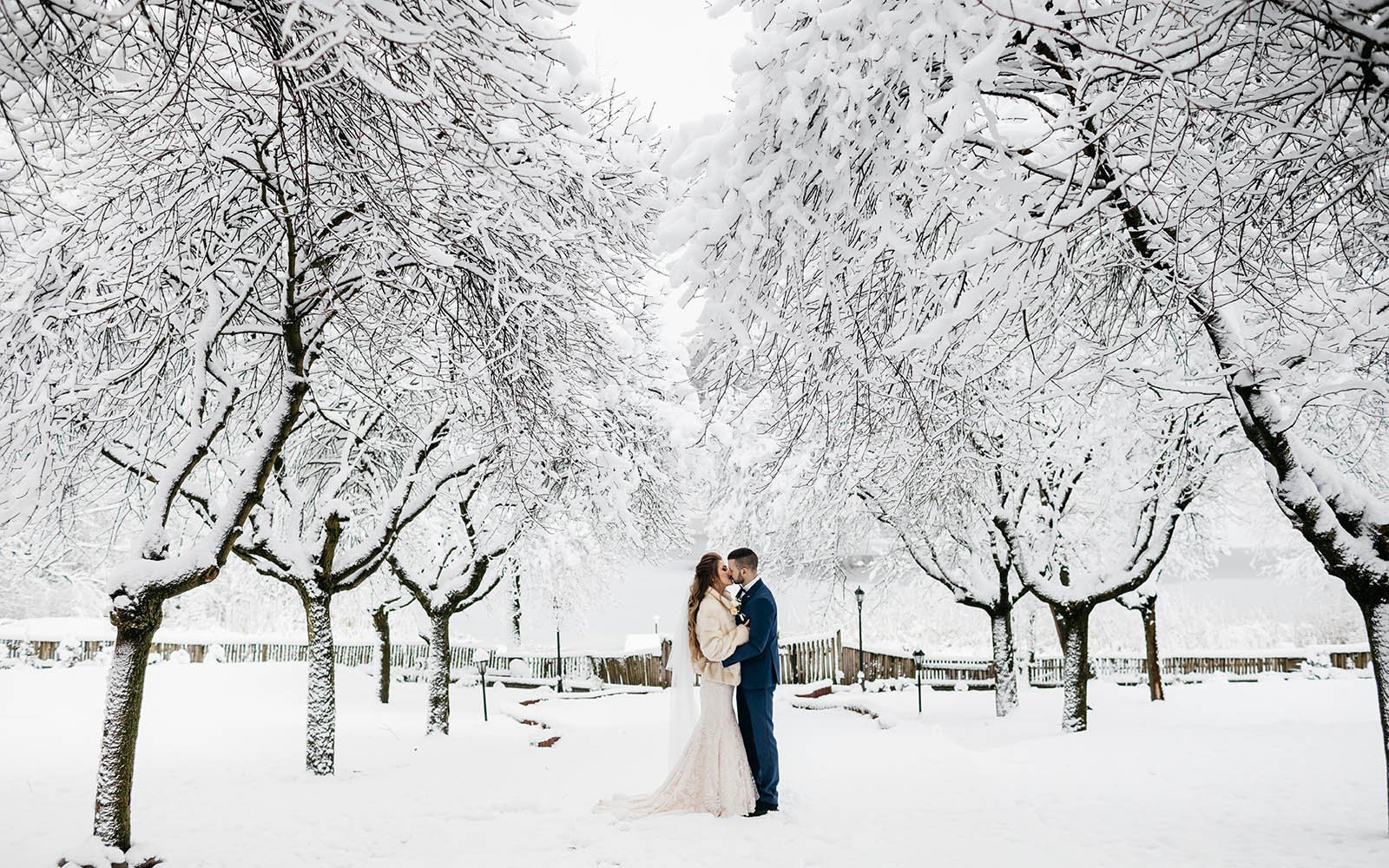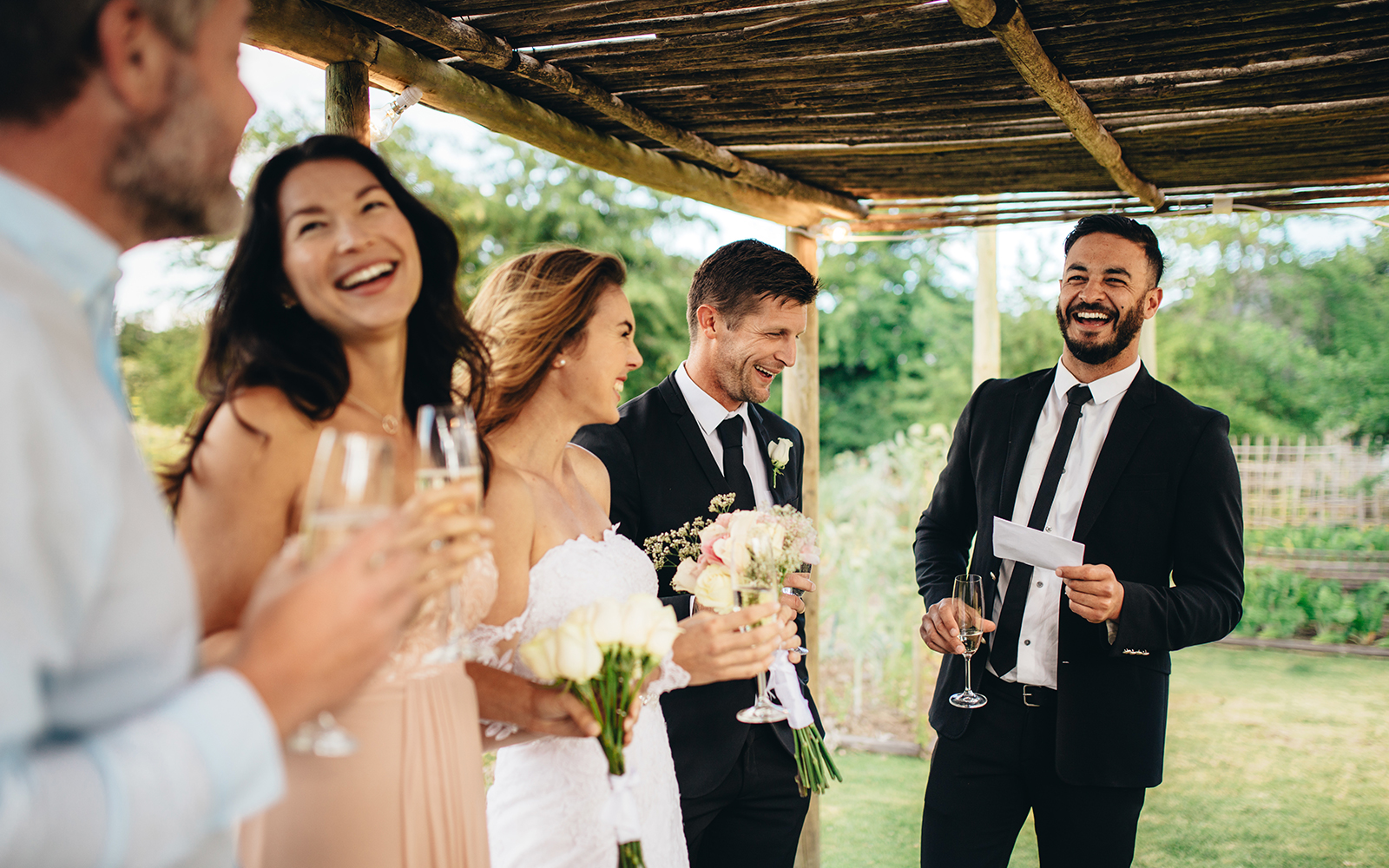Life is packed with a bundle of expenses—some that are a tad frivolous, and others that are much more mandatory to surviving and thriving into adulthood.
If marriage is in the cards for you, then the expenses associated with a wedding share the importance of other life events like buying a house or starting a family. And since money is not a limitless resource for most people (we wish!), strategically setting up a wedding budget is a crucial first step in the planning process, even before you settle on a venue, say yes to a dress or finalize your guest list.
Those three factors—and many more—are all financial considerations you’ll need to examine when planning a wedding. As you’ll find out early on, costs can quickly spiral out of control. You could go into the initial phase of wedding planning with the best of intentions to be as frugal as possible and then before you know it, you’ve blown past your targeted spending amount and you’re more stressed than you’ve ever thought possible.
Not only do you want to create a budget for yourself up front, you also need to be realistic about the costs for the type of wedding you want. If you want a fully traditional wedding with upwards of 200-plus guests, you need to understand at the outset that you’ll likely pay a total amount that could be considered on the high end. How does one go about creating a budget that can prevent spending from taking on a life of its own, while also giving you the special day you want without resulting in you being in debt?
First Of All, How Much Do Weddings Cost?
According to Wedding Wire’s 2019 Newlywed Report, couples tend to underestimate their wedding ceremony and reception budget by up to 45 percent. That might sound high, but many couples admit to setting their initial budget on the low end, well before they settle on major decisions like venue and the size of their guest list. As for the cost of a wedding today, couples are spending, on average, close to $30,000—that works out to roughly $230 per guest.
Meanwhile, wedding-planning site The Knot puts the average at closer to $34,000. The site says that couples who might hyperventilate at the number should remember that the figure is an average dollar amount that’s calculated by combining the total cost of thousands of couples’ weddings, and dividing that by the number of couples included in the survey.
As for where all that money is going, different elements of a wedding require varied financial allotments. Here’s how The Knot breaks down the average costs associated with the typical components of most weddings:
- Average cost of reception venue: $15,439
- Average cost of photographer: $2,679
- Average cost of wedding/event planner: $2,002
- Average cost of reception band: $4,247
- Average cost of reception DJ: $1,292
- Average cost of florist/décor: $2,411
- Average cost of photographer/videographer: $2,021
- Average cost of wedding dress: $1,631
- Average cost of groom attire: $283
- Average cost of wedding cake: $528
- Average cost of ceremony venue: $2,382
- Average cost of ceremony musicians: $797
- Average cost of officiant: $286
- Average cost of catering: (price per person): $70
- Average cost of transportation: $856
- Average cost of favors: $245
- Average cost of rehearsal dinner: $1,297
- Average cost of engagement ring: $5,680
- Average cost of invitations: $386
- Average cost of hairstylist: $123
- Average cost of makeup artist: $102
These days, couples want weddings that are incredibly personalized while also maintaining some traditional details. This is often where a wedding planner is utilized, as they are tasked with helping you keep track of all the moving parts associated with infusing your personality into the larger wedding theme. This involves embracing cultural or religious customs, including your favorite pop culture touches (Star Wars entrance music, perhaps?), doing away with outdated activities, and adding your own flavor to the traditions of yore.
Weddings should be an expression of your love and completely inspired by your relationship—and dropping some cash on a wedding planner can help make that happen!
Who Pays For The Wedding?
The parents of brides in today’s world are probably thrilled at the fact that they aren’t forced to pay for the entire shindig, as was the case for preceding generations. The bride’s parents are no longer expected to shoulder the entire financial burden of the wedding—in fact the aforementioned Newlywed Report demonstrates that couples often share the payment responsibilities, and also ask for assistance from both sides of the soon-to-be family.
According to the report, the average couple pays for about 45 percent of their wedding, with financial relief coming from family and friends. The report also demonstrates that 42 percent of couples make use of their savings accounts to pay for the wedding, while 30 percent of couples take on part-time jobs for extra cash, and 20 percent end up with a measure of credit card debt from paying for certain elements of the wedding.
Don’t be afraid to ask for help! None of us are handed a blank check to pay for a wedding, but most of us have people in our lives that can help defray some of the costs associated with a wedding. Sometimes all it takes is a frank conversation with a loved one—someone close, a parent or otherwise, that wants you to have the wedding of your dreams.
It’s a conversation you can have, but be prepared with a specific dollar amount of what you need and how the money will be used. It’s likely that whomever is lending you the money will either agree to give you a set dollar amount or they will decide to pay for specific components like the dress, the wedding venue or the photographer.
Building A Wedding Budget
Wedding Wire offers up a popular and immensely helpful money tracker for anyone looking to stay diligent on the amount of money they’re spending on nuptials. You enter your budget into the money tracker, which is available on Wedding Wire’s site and as a phone app, and the tool estimates how much you’ll likely spend on each category, while also keeping tabs on your spending, managing vendor payments, monitoring any changes in cost, and adjusting your budget as needed.
Once you have an estimated wedding budget laid out in your money tracker (should you decide to use the tool), your next step should be the “when” and the “where” of your wedding. Specifically, what time of year do you want to get married and what is your wedding venue of choice? These two main points will go a long way in deciding the ultimate cost of your wedding.
Other crucial questions that need answering include: How many guests are you inviting? Will your ceremony be held on-site at the wedding venue or at a house of worship? How many guests do you want to have at your wedding? How much of your budget do you want to spend on wedding food? Do you want to only serve beer and wine or do you want cocktails and spirits available at the bar as well? Are you booking a live band or a DJ?
Finalize Your Wedding Budget...But Expect Changes
Hopefully by now you know how much you have at your disposal to spend on your wedding, what products and services you absolutely must have to make your nuptials memorable, and who, if anyone is helping you with all of the final bills associated with this monumental event. Now, you can begin talking to the preferred vendors who will make this dream into a reality.
A few last minute notes to remember: Set aside emergency funds to cover any matter of possibilities, including tips for vendors; set aside cash for items like invitations, thank-you cards, and a gift for your mother-in-law; and understand exactly what you’re going to get with your money, which can only be done by having extensive conversations with all your vendors.

